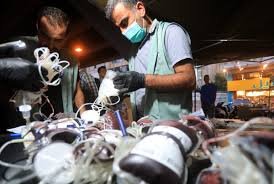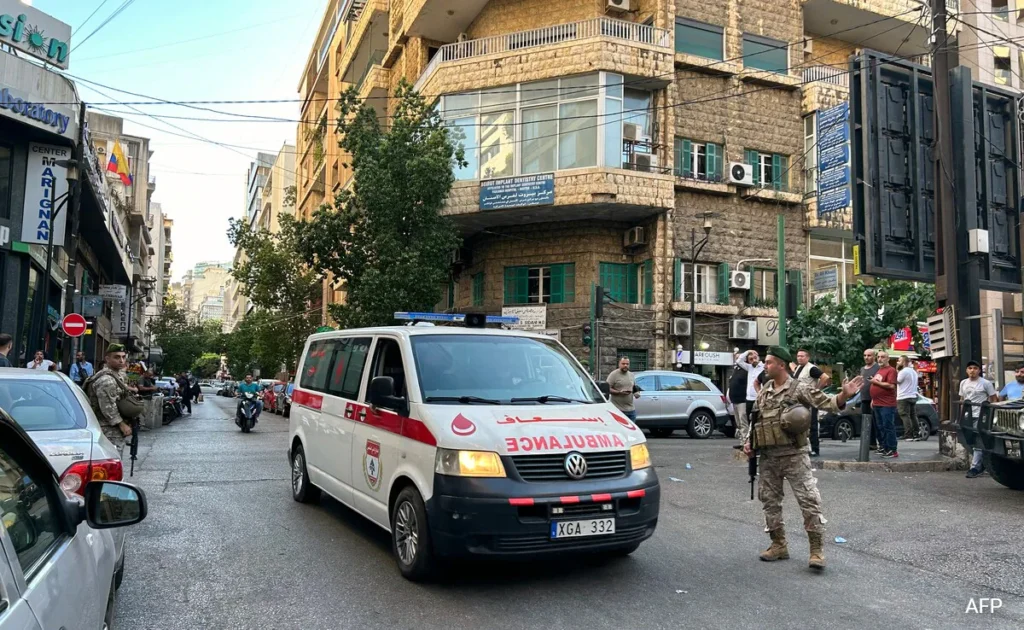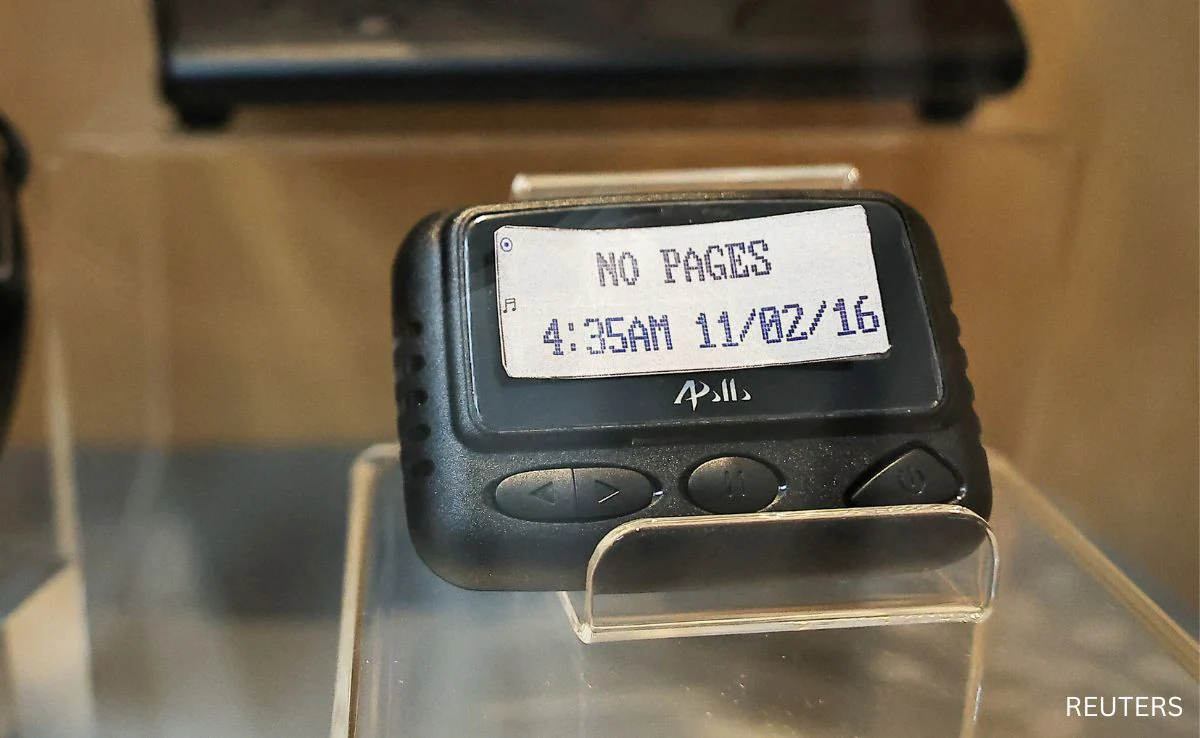| In Short |
| Israel is accused of conducting a covert operation against Hezbollah by rigging 5,000 pagers with explosives. |
| These modified pagers, containing 3 grams of explosives each, detonated in Hezbollah-controlled areas in Lebanon. |
| The explosions killed 12 people and injured around 2,750, with widespread devastation in Beirut and other regions. |
| Israel has not confirmed its involvement, while Hezbollah blames Mossad for the attack, citing a breach in its security. |
| The incident has escalated tensions between Hezbollah, Israel, and their regional allies. |
Hezbollah suffered the most due to a coordinated and very high-tech covert attack widely blamed on Israel’s intelligence agency, Mossad, which resulted in havoc and widespread destruction following an explosive-laden pagers attack. Such attacks marked a new stage in the endless battle between Israel and Hezbollah as the lot of destruction created dealt with at least 12 people dead and hundreds injured in Lebanon. The use of technology in warfare had reached a chilling new level wherein those rather innocuous devices used for any form of communication became deadly weapons.
What had happened?
Hezbollah reportedly ordered 5,000 pagers from Taiwanese firm Gold Apollo earlier this year, but Israel’s Mossad is said to have intervened at the production level, instilling explosive materials in the pagers. The device contained roughly 3 grams of explosives, not enough to cause harm without the remote detonation.

On 17 September 2024, those pagers which were used more or less primarily by Hezbollah fighters and medics, exploded all of a sudden nearly at the same time throughout all Hezbollah-controlled areas of Lebanon. The radius of explosion reached the densely populated areas where chaos and mass casualties produced massive wounds with approximately 12 victims, children included, and left nearly 3,000 wounded, some with critical wounds.
Why Pagers?
As much of a non-present day thing as pagers are, in a country like Lebanon, where the power does go out and internet connection continually is dysfunctional, this serves as an even more practical need. Hezbollah relies on those pagers to maintain multiple secure lines throughout its ranks. The problem was that Mossad discovered a way that they allegedly inserted explosive material during the manufacturing process so that when a particular coded message was sent, the device exploded.

According to reports, it was an attack on high-ranking Hezbollah officials but ended harming several civilians; this made people utterly angry throughout Lebanon. Many of the victims were reported to be seriously injured, including several eye injuries and amputations, according to Lebanon’s health officials.
How Was This Attack Done?
Intelligence sources claim that the operation was that Mossad inserted a small circuit board on the inside of the pagers. That explosive material-loaded circuit board was rigged for detonation through remote control. The Israeli government suspects that it might have planned to detonate the device at a later date but forced themselves to act early since they feared their plot would uncover them.
The strike came at the right time that caught Lebanon during the peak hours when most were out and about, shopping, driving, or working. The pagers first got hot before exploding when there was no time to react to the victims of the explosion. Footages appearing in social media platforms include shocked onlookers and debris, and even the explosion from individual bags and pockets.
Silence of Israel, Fury of Hezbollah
While Hezbollah was swift to point fingers at Israel, accusing Mossad of staging an attack, and Israeli officials have remained mum, sticking to a longstanding policy of neither confirming nor denying involvement in such operations, Hezbollah has vowed to retaliate; one of the largest security breaches to date for the group.
The attack has attracted the attention of various international organizations, and the United Nations has condemned the acts of violence. Iran also claims that these attacks are a terrorist act by Israel and threatened to help Hezbollah in any form of retaliation that may be staged. The scenario is now set for another spiral of a potential escalation in the already volatile middle eastern region.
Implications for the Future
Such a stealthy assault is an excellent example of how modern warfare is evolving, and the intelligence agencies are moving increasingly towards using high-tech attack mechanisms against their adversaries. It also demonstrates how this type of power can use civilian technology against military targets.
This attack has laid bare a critical vulnerability in Hezbollah’s supply chain and communication network. The group must now rethink its security setup with this great testimony: Israel can penetrate and adulterate even the most fundamental devices used by the organization.
Far more gravely is the threat to Israel and Hezbollah. The promise of retaliation set by the group will drag the area into another round of bloodshed, even if Israel had targeted the very spinal cord of Hezbollah’s infrastructure with this military campaign. Besides, the web of alliances between Iran, Hezbollah, and other militant groups could become victims of escalating tensions, which most likely spill beyond the borders of Lebanon.
Conclusion
This secret Israeli operation uses exploding pagers laced with explosives-the first of its kind in intelligence warfare. With Hezbollah reeling back from this devastating attack, further escalation is looming large on the horizon. The full implications of such unprecedented attacks are yet to be comprehended, but it is certain that the war between Israel and Hezbollah has now taken a new deadly turn.
For Latest News Updates Click Here
